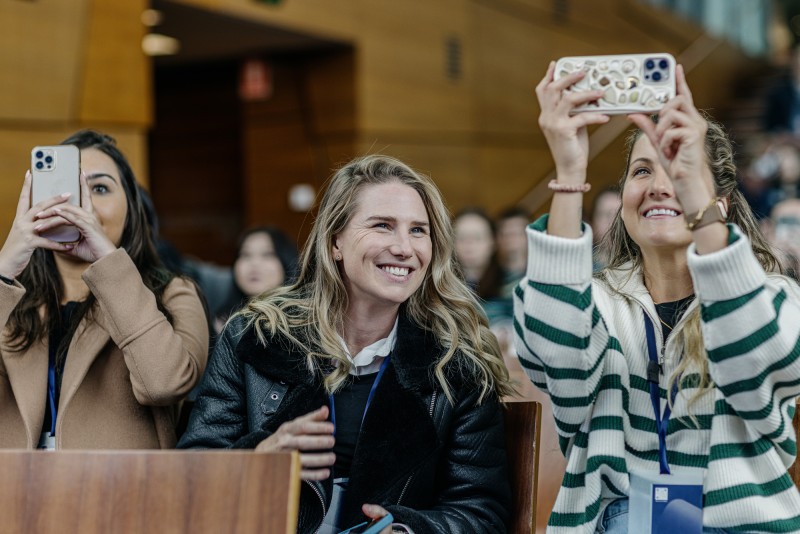Accessibility and Inclusion

Our program balances presentation time, discussion time, and networking opportunities. We cover relevant topics while providing ample chances to chat on other topics with your industry peers.
You can download a more accessible version of our program here:

